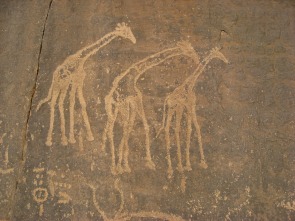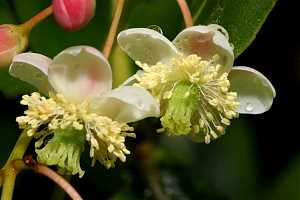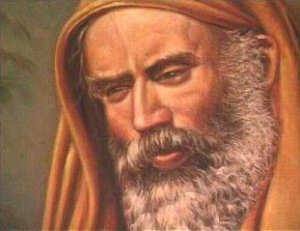St John’s Day: Tends to get mixed up with Midsummer in terms of activities (a handy way of getting the priests on side of the pagan folklore… why are you making your cattle walk through a fire? – For good lu- I mean, to celebrate St…. John?). It’s mainly: washing your face in the morning dew, gathering St John’s herb and making big bonfires. Lithuania, Estonia, Latvia (where witches are abroad and ferns, rowan birch and oak are brought in to decorate the house), Alacant in Spain and Quebec take this holiday pretty seriously.
Inti Raymi – Peruvian winter solstice and New Year festival, previously banned by Spanish conquerors.
1717 first Masonic Lodge opened in UK (so invent a secret handshake)

1846 Adolphe Sax patents the saxophone
Bannockburn Day (after Scotland’s Battle of Bannockburn 1314 for independence from England)
Also today:
- Day of the Caboclo (a native Brazilian people)
- Battle of Carabobo: Winning this battle allowed Venezuela to gain independence from Spain. Venezuela has the highest waterfall in the world. See 5th July for more ideas.












_-_Waterloo_1.jpg)










.jpg)









